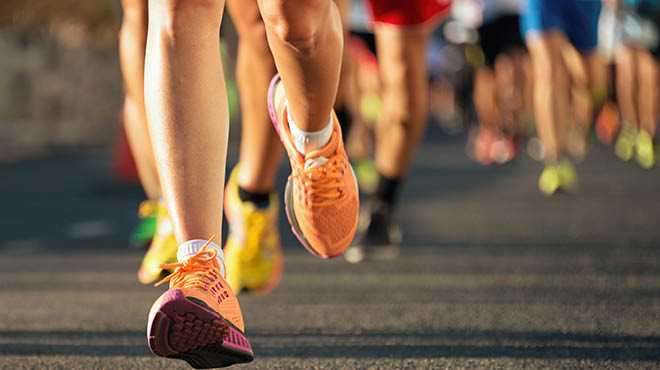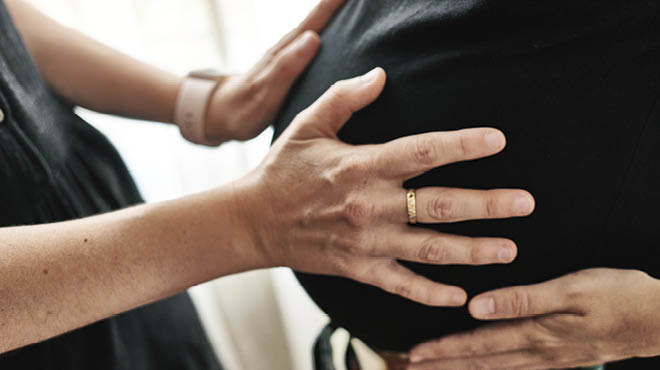Recent Posts
Q&A: The science behind weird body reactions

Every day our bodies do some rather strange and unusual things. Here are some questions and answers that give the science behind why these happen.
Why do fingers wrinkle in water?
Initially, it was thought that fingers wrinkled in water because of the fluid shifts that occur between the tissues and the surrounding water. Evolutionary experts are finding evidence that it may have helped humans get a better grip on objects in the water. People who have nerve damage to their fingers or toes often won't have this same wrinkling of fingers.
Why can I sometimes hear a pulse in my ears?
You feel a pulse in your ears for a variety of reasons. Tinnitus often is described as a ringing in the ears, but there is a variation where you can feel and hear the pulse in your ears. This is called pulsatile tinnitus. Elevation in blood pressure or an ear canal blockage can cause you to hear your pulse. An abnormality of the arteries by the ears also can cause this sensation. This is a reason to talk with your health care team.
Why do I shiver when it's cold?
You shiver when you're cold because it's a way to quiver your muscles to create heat. Your body always tries to keep its temperature as close to 98.6 degrees as possible.
Why do some people sneeze when they look up at the sun?
This is called the photic sneeze reflex, nicknamed the "sun sneeze." Here's the theory behind this reaction: The optic nerve, which senses a change in light, lies close to the trigeminal nerve, which controls sneezing. A typical sneeze is caused by irritation in the nose, which fires the trigeminal nerve to trigger a sneeze. When you step out of a dark room and into bright light, the pupils constrict. This rapid reflex is initiated by the optic nerve and may give the sensation of irritation in the nose, bringing on the sneeze. Not everyone has this reaction, and it's not clear why some people have it while others don't.
Why do I get a stitch in my side from running?
A side stitch is caused by irritation to the diaphragm, a muscle that separates the lung cavity and the abdominal cavity. Novice runners or those stepping up their pace or distance are more apt to get side stitches. Sometimes it's caused by too-rapid breathing or eating an inappropriate meal before running. If you get a side stitch, slow your pace, stretch your core muscles and focus on slow, rhythmic breathing.
Why does my eyelid randomly twitch?
Twitching of the eyelid is called blepharospasm. It isn't known exactly why this happens, but fatigue, caffeine and stress are common culprits. I recommend stretching the muscle that's twitching by gently pulling with your fingertip on the area and getting extra rest. Typically, the twitching goes away on its own. If the twitching lasts more than a couple of days or you have difficulty opening your eyelid, it's time to seek an evaluation from a health care professional.
Amy Rantala, M.D., sees patients in Orthopedics and Sports Medicine in Eau Claire, Wisconsin.





